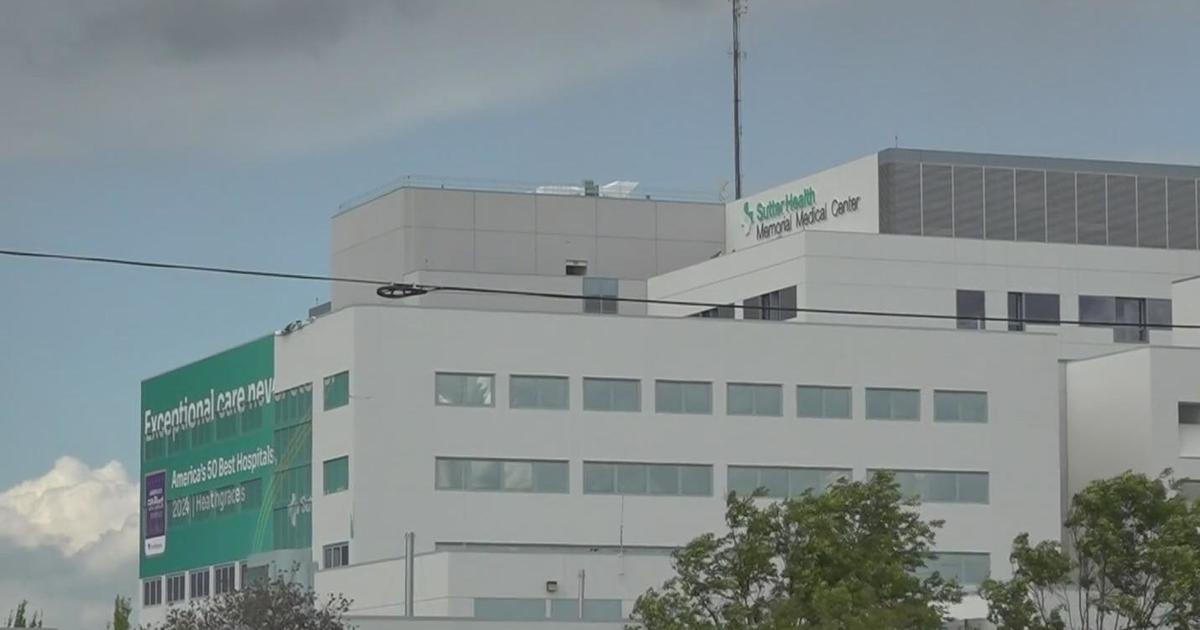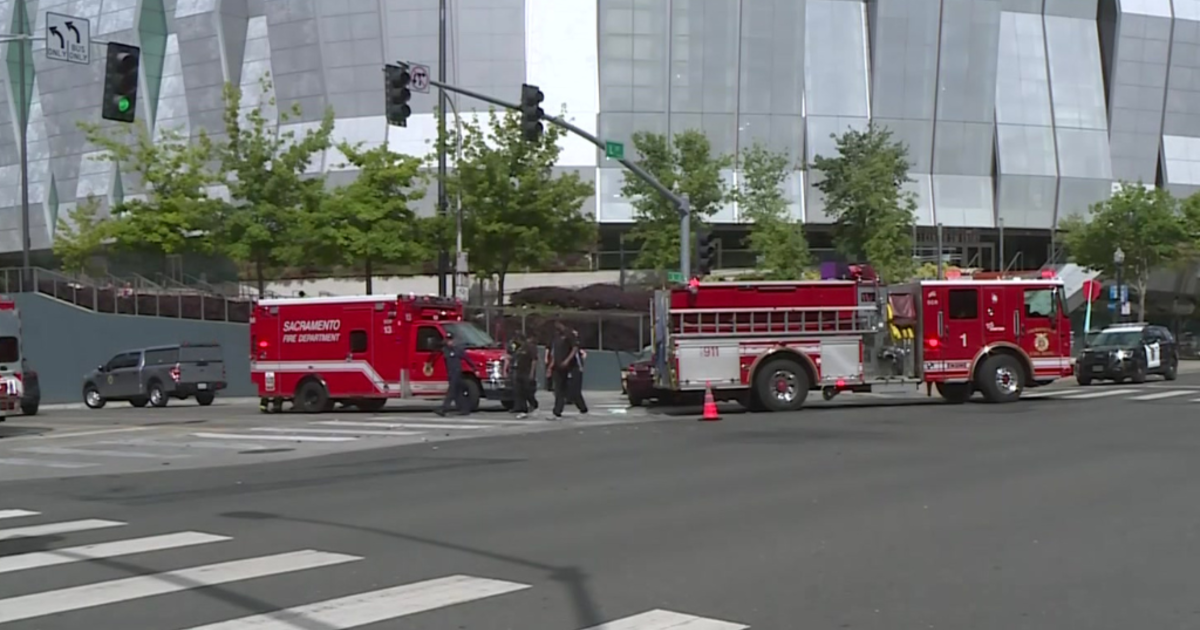California fast food and health care workers poised to win major salary increases
SACRAMENTO — Nearly 1 million California workers are poised to win major salary increases after labor unions flexed their collective muscle in the state's Democratic-led Legislature on Monday following a summer of high-profile strikes in the entertainment and hospitality industries.
Most of the state's 500,000 fast food workers would be paid at least $20 per hour next year under a new bill aimed at ending a standoff between the industry and labor unions over wages and working conditions. About 455,000 health care workers — not doctors and nurses, but the people who do everything else at hospitals, dialysis clinics and other facilities — will see their salaries rise to at least $25 per hour over the next 10 years in a separate bill.
Both proposals must first pass the state Legislature and be signed into law by Gov. Gavin Newsom. But the proposals have the blessing of both labor unions and industry groups, clearing the path for passage this week before lawmakers adjourn for the year.
An added bonus for voters: The November 2024 ballot will be a little less crowded. The fast food industry has agreed to withdraw its referendum on a fast food law that Newsom signed last year.
The bills, both introduced Monday, are just some of the impressive run of results for labor unions in the state Legislature this year. Also on Monday, the state Assembly voted to advance a proposal to give striking workers unemployment benefits — a policy change that could eventually benefit Hollywood actors and writers and Los Angeles-area hotel workers who have been on strike for much of this year.
"I think fast food cooks and cashiers have fundamentally changed the politics of wages in this country and have reshaped what working people believe is possible when they join together and take on corporate power and systemic racism," said Mary Kay Henry, international president of the Service Employees International Union.
California's minimum wage is already among the highest in the country at $15.50 per hour. The fast food bill would increase that minimum wage to $20 per hour for workers at restaurants in California that have at least 60 locations nationwide — with an exception for restaurants that make and sell their own bread, like Panera Bread.
The bill will affect about 500,000 fast food workers in California, according to the Service Employees International Union, which has been working to unionize fast food workers in the state. They include Ingrid Vilorio, who works at a Jack In The Box in the San Francisco Bay Area. She said the raise will help her family, who until recently was sharing a house with two other families to afford rent.
"A lot of us (in the fast-food industry) have to have two jobs to make ends meet. This will give us some breathing space," said Vilorio, who also works as a nanny.
The $20 hourly wage would be a starting point. The nine-member Fast Food Council, which would include representatives from the restaurant industry and labor, would have the power to increase that minimum wage each year by up to 3.5% or the change in the U.S. consumer price index for urban wage earners and clerical workers, whichever is lower.
The wage increase for health care workers is more complicated. Their salaries will rise gradually over the next decade, depending on where they work. Workers for large health care facilities and dialysis clinics will see their pay jump to at least $23 per hour next year, increasing to $25 per hour by 2026. Workers at rural hospitals with lots of Medicaid patients would have their salaries increase to at least $18 per hour next year, with 3.5% increases each year until it reaches $25 per hour in 2033.
Workers at community clinics will see their salaries rise to at least $21 per hour in 2024 before peaking at $25 per hour in 2027. Salaries at all other covered health care facilities will increase to at least $21 per hour next year before reaching $25 per hour by 2028.
"Everyone in the healthcare sector understands that we have a workforce crisis, and that wages are the essential prerequisite for any solution," said Tia Orr, executive director of the Service Employees International Union-California. "With this increase, more workers will join and stay in the healthcare workforce, and as a result Californians will be safer and better cared for."
It's unusual, but not unprecedented, for states to have minimum wages for specific industries. Minnesota lawmakers created a council to set wages for nursing home workers. In 2021, Colorado announced a $15 minimum wage for direct care workers in home and community-based services.
In California, most fast food workers are over 18 and the main providers for their family, according to Enrique Lopezlira, director of the University of California-Berkeley Labor Center's Low Wage Work Program. Just over 75% of health care workers in California are women, and 76% are workers of color, according to a study published earlier this year by the UC Berkely Labor Center.
Hospitals support the bill in part because it "ensures that wages for health care workers are set by the state, creating greater equity for all of California's health care workforce," said Carmela Coyle, president and CEO of the California Hospital Association.
The fast food industry benefits by stopping two proposals they say would have made it much harder for restaurants to operate in California. Labor unions agreed to withdraw a bill that would have held big fast food corporations like McDonald's liable for the misdeeds of their independent franchise operators in the state.
And Democrats in the state Legislature agreed to strip funding for the Industrial Welfare Commission, an agency that has the power to set wage and workplace standards for multiple industries.
"It provides meaningful wage increases for workers, while at the same time eliminates more significant — and potentially existential — threats, costs and regulatory burdens targeting local restaurants in California," said Matt Haller, president and CEO of the International Franchise Association.



